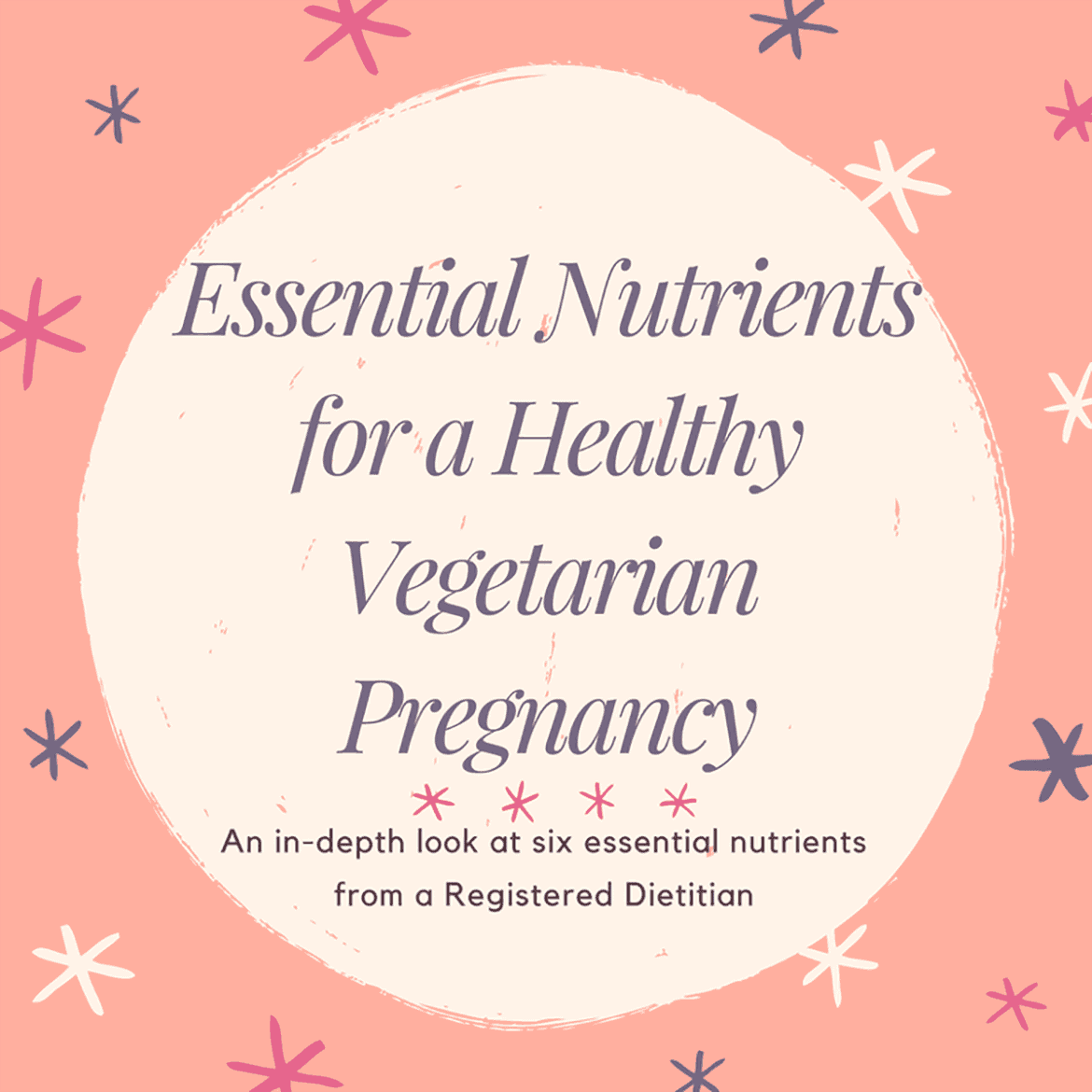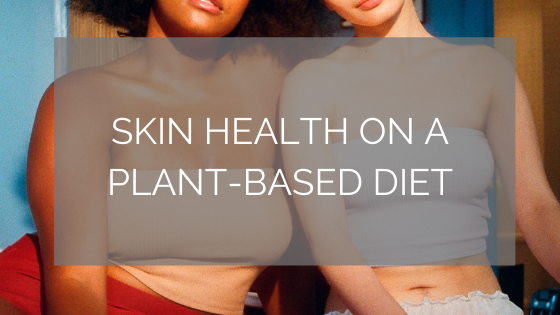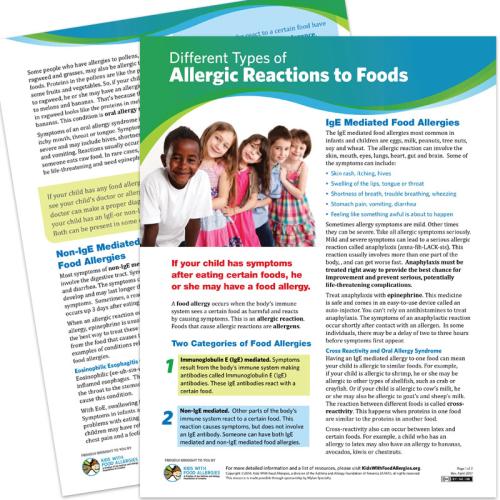
Vegetarian diets have been shown to be less likely to die from cardiovascular disease. They can also improve blood circulation and lower cholesterol levels. The American Medical Association in 1961 stated that a vegetarian diet could prevent 97% percent of coronary heart disease. Dr Donald Ross from the National Heart Hospital recommends that patients reduce their meat intake by half and increase their vegetable intake. Patients should also cut out dairy products. Many researchers believe that this may be due to the inability of the human body to adjust to meat protein.
A diet based on plants lowers cardiovascular disease mortality
Recent studies have shown that a plant based diet can significantly reduce the risk of developing heart disease. Researchers compared four dietary options among middle-aged men in a study published online by the Journal of the American Heart Association. Researchers found that those who ate a more plant-based diet were at lower risk for all-cause mortality and heart disease. The risk of dying from cardiovascular disease decreased by 19%.

Carnitine releases TMAO in the intestinal tract
Carnitine is found in many energy drinks as well as sports drinks. Carnitine is an essential nutrient for cardiovascular and weight loss. Carnitine stimulates TMA formation, which is then processed by the liver into TMAO. TMAO affects cholesterol metabolism and can cause plaque formation in the arteries. In fact, Cleveland Clinic research shows that the TMAO levels in the blood increase after a person eats steak.
Low levels of vitamin B12 are a problem
While the link between vegetarianism and low vitamin B12 levels is not entirely clear, research suggests that vegetarians are at an increased risk of developing the condition. This is a possible risk, although it is unlikely to be common. This condition is more common in vegetarians than those who are strict vegans. Low vitamin B12 levels are also associated with obesity, osteoporosis (constipation), and depression.
Recent vegetarian celebrities
Veganism is becoming a popular trend among Hollywood stars. The latest example is Lizzo. At the age of 14, she became a superstar with her song "Ocean Eyes". She has a vegan label, and has spoken out about animal rights. Other vegan celebrities include Will.i.am and Moby. These celebrities have been recognized for their commitment towards animal rights. Are there any benefits to going vegan?

There are other factors that encourage vegetarianism.
A meta-analysis comparing previous studies found that a vegetarian diet can reduce your risk of developing heart disease. Nearly 45,000 participants were included in the study. 34% of them were vegetarian. It is rare to find such a high level of vegetarians in research. The results of this meta-analysis suggest that the diet may reduce heart disease risk by as much as 31%, which is a considerable benefit.
FAQ
What should you eat?
Get lots of fruits & vegetables. They are rich in vitamins, minerals, and help to strengthen your immune system. Fruits and veggies are also high in fiber, which makes them filling and helps with digestion. Try to include at least five servings of fruit and veg per day.
You should also drink lots of water. Water flushes toxins out of the body and helps to feel full between meals. Drink about eight glasses each day.
Whole grains are better than refined grains. Whole grains have all the nutrients they need, including B vitamins. Refined grains have been stripped of some of their nutrition.
Avoid sugary beverages. Sugary drinks are full of empty calories and lead to obesity. Instead, drink water, milk, or unsweetened Tea.
Avoid fast food. Fast food has very little nutritional value. Fast food may be delicious, but it will not give you the energy that you need to perform your tasks properly. Stick to healthier options such as salads, soups, sandwiches, and pasta dishes.
Limit your alcohol intake. You can reduce your intake of alcohol by limiting the amount of empty calories. Limit your intake to two alcoholic drinks per week.
Try to cut down on red meat. Red meats are high in saturated fat and cholesterol. You should choose lean cuts like beef, pork lamb, chicken and fish instead.
What is the problem?
BMI stands for Body Mass Index. This is a measure of body fat that is calculated based on height or weight. The following formula can be used to calculate BMI.
Weight in kilograms divided with height in meters.
The result is expressed using a number from 1 to 25. Scores of 18.5 and higher indicate overweight, while scores of 23 and higher indicate obesity.
A person who weighs 100 kg and has a height of 1.75 m will have a BMI of 22.
What's the difference between a calorie and kilocalorie?
Calories are units that measure the energy content of food. Calories are the unit of measurement. One calorie contains the energy needed to raise the temperature of one gram of water by one degree Celsius.
Kilocalories is another name for calories. Kilocalories are measured as a thousandth of a calorie. 1000 calories are equal to one kilocalorie.
Statistics
- WHO recommends reducing saturated fats to less than 10% of total energy intake; reducing trans-fats to less than 1% of total energy intake; and replacing both saturated fats and trans-fats to unsaturated fats. (who.int)
- According to the Physical Activity Guidelines for Americans, we should strive for at least 150 minutes of moderate intensity activity each week (54Trusted Source Smoking, harmful use of drugs, and alcohol abuse can all seriously negatively affect your health. (healthline.com)
- According to the 2020 Dietary Guidelines for Americans, a balanced diet high in fruits and vegetables, lean protein, low-fat dairy and whole grains is needed for optimal energy. (mayoclinichealthsystem.org)
- The Dietary Guidelines for Americans recommend keeping added sugar intake below 10% of your daily calorie intake, while the World Health Organization recommends slashing added sugars to 5% or less of your daily calories for optimal health (59Trusted (healthline.com)
External Links
How To
10 Tips for a Healthy Lifestyle
How to keep a healthy lifestyle
We live in a fast world where we don't get enough sleep, eat too much, drink too much alcohol and smoke cigarettes. We don’t care enough about our health.
If you are working full time, it can be difficult to keep a healthy diet and exercise regimen. It's even more difficult when you're stressed because your mind tells you that it is impossible to handle this situation so you start feeling guilty about it and give up.
You may feel that something is not right with your body. Seek out a doctor to discuss your current health condition. If there are no signs of something abnormal, stress from your job could be the cause.
Some people believe that their job allows them to exercise regularly, or they have friends who support them in staying fit. But those people are actually lucky. These people have no problems. They got everything under control. I wish every person could be like them. Unfortunately, many people are not able to balance their work and personal lives. Bad habits can lead to heart disease, diabetes, and other diseases.
These tips might help improve your lifestyle.
-
Get adequate sleep - 7 hours a day minimum, 8 hours maximum. This includes proper sleeping postures and avoiding caffeine in the hours before bed. Caffeine blocks melatonin, which can make it difficult for you to fall asleep. Also, make sure that your bedroom is clean and dark. You should use blackout curtains if possible, especially if your work is late at night.
-
Eat healthy. Have breakfast every morning. Avoid sugary products, fried foods, white breads, and processed food. For lunch, try to include fruits, vegetables and whole grains. For afternoon snacks, it is recommended to eat foods high in protein and fiber like nuts, seeds and beans, fish, dairy products, and fish. Avoid unhealthy snacks like chips, candies, cookies, cakes and sodas.
-
Drink lots of water. We don't have enough. Water aids in weight loss, skin health, digestion, and keeps our skin young and supple. Drinking six glasses of liquid daily will help you lose weight quickly. The best way to measure your hydration level is by checking the color of your urine. A yellow urine color indicates that you are dehydrated. An orange urine color means that you are slightly dehydrated. Pink urine means that your hydration level is normal. Red urine means that you are overhydrated. Clear urine means that your urine is highly-hydrated.
-
Exercise - Regular activity can increase energy and decrease depression. Walking is an easy workout that can also improve your mood. Walking is easy, but it takes effort and concentration. Your brain needs to focus on walking while breathing slowly and deeply. For between 100 and 150 calories, a 30 minute walk can be enough to burn about 100 to 150 calories. Start slow and work your way up. To prevent injury, don't forget to stretch after you exercise.
-
Positive thinking is key to mental health. If we are positive, we create a happier environment in our minds. Negative thoughts cause anxiety and drain our energy. Try to visualize the things you are aiming to achieve. Reduce the number of tasks you have to do in order to feel less overwhelmed. You will fail occasionally, but you can always get up and try again.
-
It is important to learn how to say no. We are often so busy, that we don't realize how much time we spend on unimportant tasks. It is important to learn to say No when you need to. Not saying "no" is rude. You are simply saying "no" to something. There are always other options to finish the job later. You should set limits. Ask someone to help. Or simply delegate this work to someone else.
-
Take care to your body. A healthier diet will help boost your metabolism, and you can lose extra weight. Do not eat anything too heavy or oily because they tend to raise cholesterol levels. You should eat three meals and two snack each day. Your daily calories should range from 2000 to 2500.
-
Meditate – Meditation is an excellent stress reliever that can also reduce anxiety. You can relax your mind by simply sitting still and closing your eyes. This exercise will allow you to have clarity of thought which can be very useful in making decisions. Meditation can help you become calmer and happier.
-
Breakfast is the most important meal for the day. Skipping breakfast can lead you to overeating at lunch. As long as you have breakfast within one hour of waking up, it is not too late. A healthy breakfast can boost your energy levels and help you control your hunger.
-
Eat clean food - Food affects our moods more than we know. Avoid junk food and other food items that have artificial or preservative ingredients. These foods can make your body more acidic and cause cravings. Vegetables and fruits are high in vitamins and minerals, which can lead to better overall health.
-
***